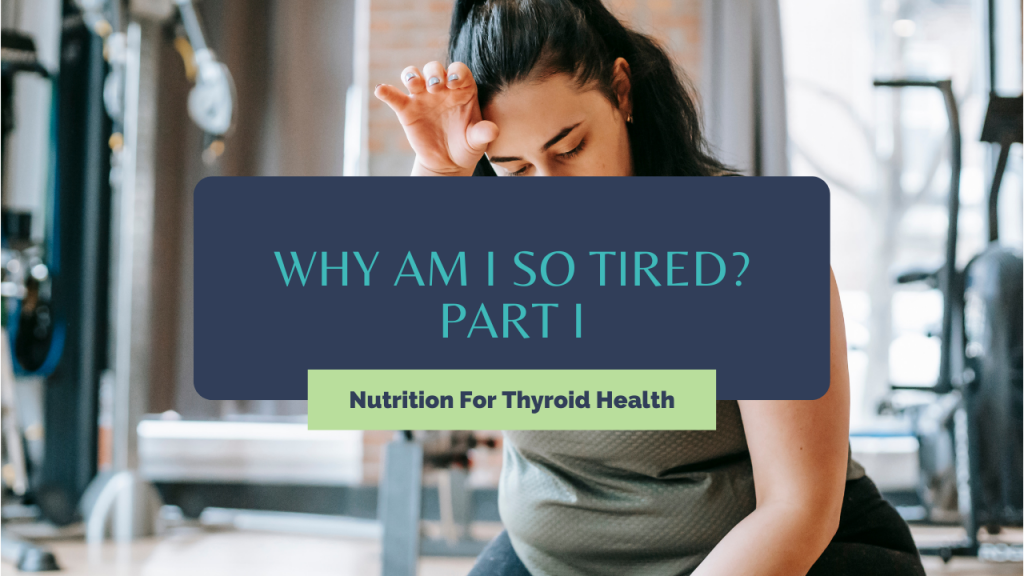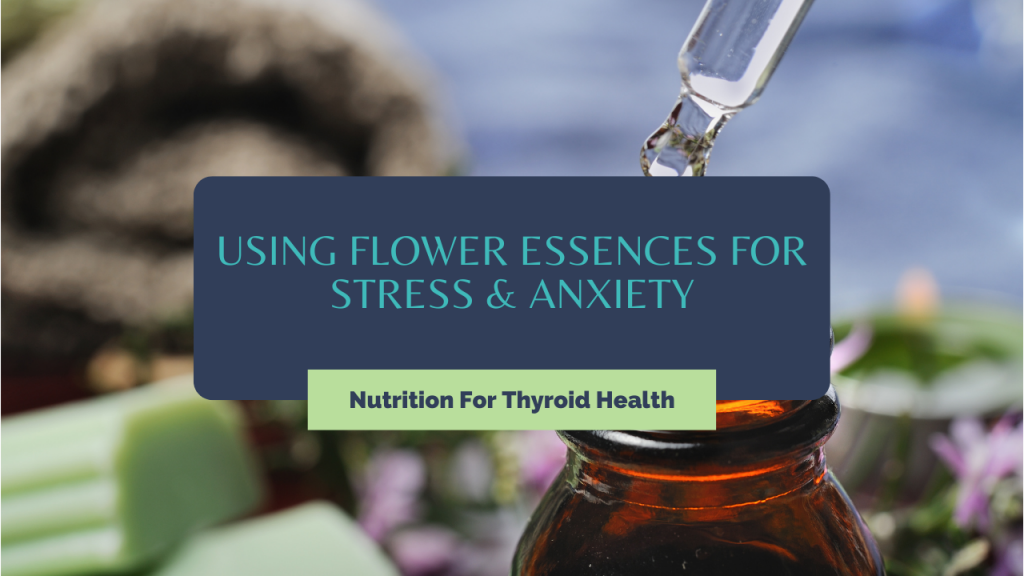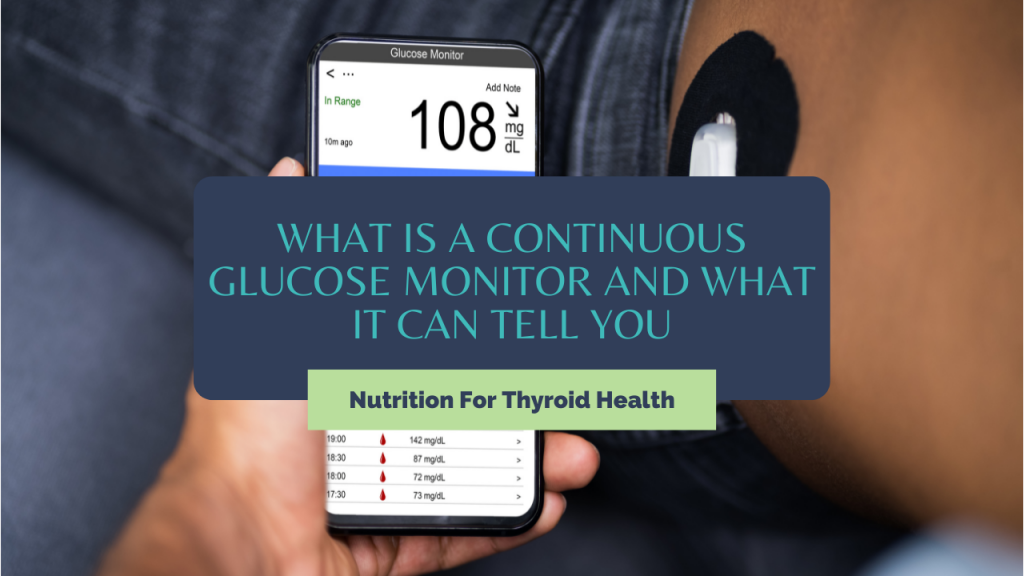Why Am I So Tired? – Part I
In this two-part series, I am going to share the 7 main reasons why you are feeling so tired right now and provide you with information to help you tackle these issues so that you can start getting your body and your mind ready to fight fatigue. This week, I am going to share the top physical reasons why you may be feeling so tired right now and next week I’ll conclude the series by sharing with you the top mental blocks that are contributing to your fatigue.
The pressure of everyday life is starting to get to you. You feel tired all day, tired before bed, and tired the next morning. As time goes on, you’re feeling more and more fatigued. But does your fatigue have a physical cause?
Here are the top physical reasons why your fatigue isn’t getting any better, no matter what you’ve been doing.
You’re Eating the Wrong Foods
Oftentimes, people tend to eat for reasons other than fueling their bodies, focusing on things like calories, macros, or a certain way of eating, like keto, intermittent fasting, paleo, or vegan, for example. The problem is, we don’t know if those foods are actually healthy for you.
And it’s a little bit of a guessing game, because there’s no shortage of information about diets and nutrition out there. People will Google everything and look at all the information to try to find the best diet, not realizing that if they have other underlying conditions, symptoms, or medications they are taking, a particular way of eating could be causing things to get worse. And when they don’t get the results they want for their fatigue, weight loss, or other issues, then they quit doing anything altogether.
You’re Not Drinking Enough Water
If you’re not drinking enough water, you’re going to be more fatigued. But what if you’re also running yourself ragged and consuming a ton of caffeinated beverages? You may wind up drinking more of the things that are actually dehydrating and not compensating with enough water.
A good starting point is to take your weight in pounds by half and drink that in ounces daily. So, if you weigh, for example, 100 pounds, then you should drink 50 ounces of water. You may need to up your intake even more based on other factors like your exercise routine, the climate where you live, and the number of caffeinated drinks you’re drinking throughout the day.
Your Exercise Routine Is Working Against You
As humans, we are meant to move and not be sedentary. Some people make the mistake of thinking if they exercise more, they’ll build up endorphins, lose weight, and have more energy. However, in reality, certain kinds of exercises could actually be making your fatigue worse.
For example, if you’re doing CrossFit regularly, this is very hard on your body and causes more inflammation, more oxidative stress, and greater nutrient and hydration demands — going back to reasons #1 and #2 about proper nutrition and water intake, along with about being reactive versus proactive. Not to knock CrossFit and the like, but if you’ve had ongoing fatigue for many years, then this is probably not the workout for you.
Instead, I recommend moving your body in a way that’s more restorative and functional. If you’re fatigued, start with just walking every day and adding in some stretches for your body. Get your body moving in the morning and drink a glass of water before you even think about coffee.
You Are Reacting Rather Than Responding
I tell clients all the time: If you actually listen to your body and just get out of its way and let it do what it needs to do, then you’re going to be much better for it. Instead, many people will go into reactive mode — they’ll start Googling symptoms, listening to someone who has similar symptoms, and self-diagnosing the best treatment plan for themselves. Generally, this means loading up on a bunch of supplements or trying a certain diet plan that someone said worked for them.
What I advise instead is to take a proactive approach: Respond to what your body is telling you versus being reactive. That’s the premise of all the programs and services I offer. Using fatigue as an example, we’ll look at the underlying causes of that fatigue. If you’re not sleeping well through the night, why is that happening? We’ll look at the hormones, deficiencies, and nutrients that might be at play to get to the root of issues so you’re not just taking an Advil PM or a sleeping pill as a quick fix to get to sleep.
Don’t forget to check back next week for the conclusion of the 7 main reasons why you are so tired.
If you need more help creating a plan for your specific needs, book a free 30-minute call with me so we can talk through your goals, one step at a time.
Why Am I So Tired? – Part I Read More »



